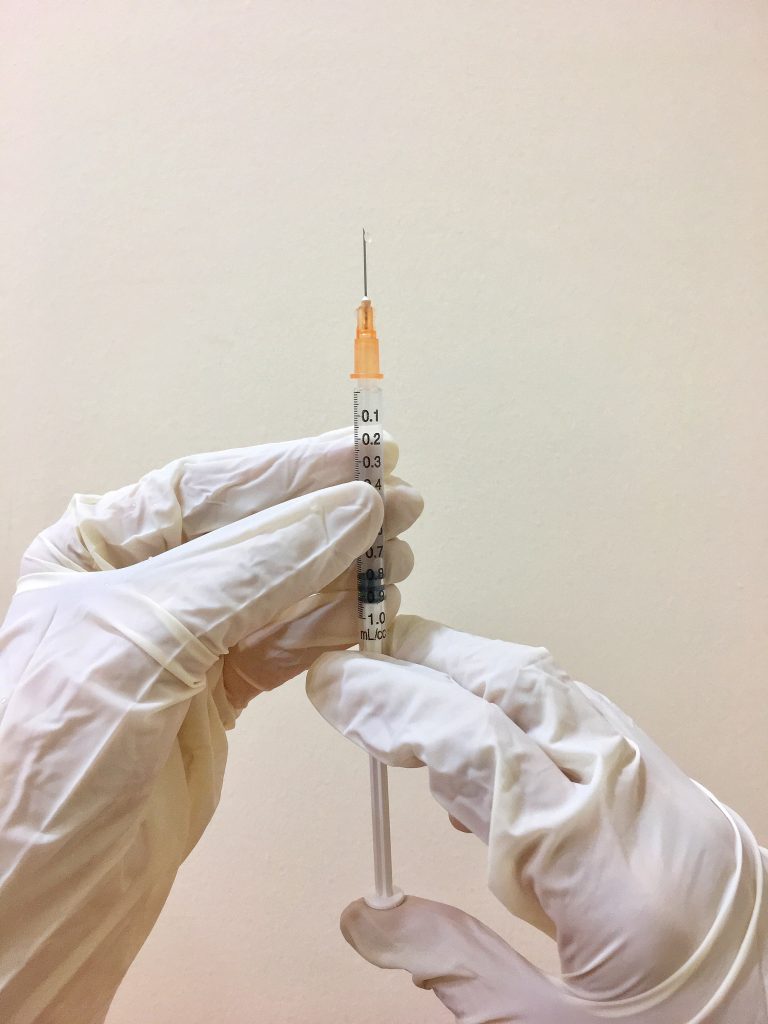An answer to your dogs skin problem or something sinister?
The skin is the largest organ of the body and although very different than human skin, is often the first to reflect a deep internal problem. (mental or physical)
There is always an underlying cause…
Getting to this takes time, time, which the vet doesn’t usually have.
The owner can do much by noting the history of the emerging skin problem. First they have to be aware of what possible causations there are,
Skin problems need to be assessed in terms of the whole dog or cat, not just viewed as a contact allergy, a bacterial or fungal problem, parasites, dermatitis from chemical irritants, self inflicted trauma or hormonal problems.
Itching is NOT a flea problem in 80% of the cases.
A animals coat is usually an indication of the health status. A usually sleek glossy coat that is now dull – shedding more hair than normal, sparse, coarse – is saying ‘I need attention’.
– diet – inappropriate food is about 90% of the cause.
– after effects of vaccinations – this is a common trigger for skin problems which reflects an immune compromised condition. Our immune system needs to be supported, not assaulted.
– the after – effects of specific infectious diseases (sometimes long lasting)
– a metabolic problem eg. liver dysfunction,
– hormonal – the result of early de-sexing or the effects of drugs
– endocrine (thyroid, adrenals) – often the result of suppressive drug therapy/steroids
– allergies – although I list it as a cause, this is one area that probably also has an underlying cause e.g grass allergies.
We can of course use the ‘suppressive’ approach.
Cytopoint® provides long-lasting itch relief for dogs with allergic or atopic dermatitis. A significant improvement in 1 week BUT they need repeated doses…4-8 weeks Now if you have treated the underlying cause you shouldn’t need repeated doses. This is suppressive therapy.
And this is where we are exposed to the latest in spin-doctor mis-information!
It’s called the DISTRACTION APPROACH…
No, it’s NOT a steroid, no, it’s NOT a non-steroidal. So you breath a sigh of relief – at last they are promoting a ‘safe’ drug. But wait, there’s more to it..…
… the new drugs like Apoqeul and Citopoint. Hailed as the new wonder drug Cytopoint is said to be super safe because it’s “not an immunosuppressant” … it’s not a pharmaceutical.”
Lets not kid ourselves, these new kids on the block are drugs, just avoiding the scientific description of what a drug really is.
It’s an artificially synthesized substance that’s injected into the body with the intention to cause changes in physiology and function. It especially targets the immune system. But Cytopoint isn’t a chemical, like most drugs we’re familiar with. Cytopoint is an antibody for dogs that binds to and inactivates part of your dog’s immune system. It’s one of a new family of drugs.
It’s a synthetic monoclonal antibody.
So what’s an antibody? An antibody is a special protein the body creates as part of the immune response to antigens (agents that cause disease, like viruses, bacteria, fungi) or toxins. Your dogs body naturally produces large numbers of antibodies. They bind to the foreign substances and inactivate them.
Antibodies also play another role in the immune response. They activate part of the immune response called the complement system. This then attacks and kills bacteria and other pathogens.
Cytopoint works like your dogs own immune system. It is specifically designed to target and inactivate one of the main proteins that send itch signals to your dogs immune system That target compound is called interleukin 31. This compound is a cytokine. Cytokines are a family of small proteins found throughout the body and are manufactured by many of your dogs’ cells. Cytokines have many different roles, regulating many functions in many parts of the dog, supporting their immune system. The main role of interleukin 31 (IL31) is to trigger cell mediated immunity against pathogens. If interleukin is blocked from functioning this may make your dog vulnerable to infectious diseases. Interleukin 31 is also involved in cells that create red blood cells and connective tissue regulation. Blocking interleukin 31 can lead to IMHA (Immune-mediated hemolytic anaemia) and neuro-fascial pain. It may also increase tumor growth due to disharmony in the immune system function.
Basically if IL31 creates an itchy dog then using a substance to turn off that trigger would stop the itch. That’s the rationale behind the use of Cytopoint. The problem now faced is what about the other effects of stopping the function of IL31 – several dogs have died, some develop epilepsy, some with gastro intestinal issues and several cases of IMHA (survival of which is minimal).
Very little is known about the Immune system – it is said that by the time a student (Doctor or Veterinarian) has finished their studies, the old information they have been taught about the immune system has been turned on its head by new discoveries.
There have been no long-term studies on Cytopoint and the unintended consequences it has on the immune system messaging processes that regulate many different functions that maintain your dogs’ health.
If you want to really investigate Cytopoint and Apoquel don’t bother with Google – you wont get far with that one.
What is the difference between Apoquel and Cytopoint?
What the manufacturers say about them:
The method of administration Cytopoint by injection, apoquel orally.
Apoquel (Oclacitinib) is a once-daily treatment for canine atopic dermatitis, providing relief from allergic itch without the side effects of steroids. (NOTE this Distraction Principle – ED)
There are no known effects of Apoquel® on organs such as the kidneys and liver. (But what about other functions – ED)
Apoquel side effects listed for dogs in the product insert include: vomiting, diarrhea, lethargy, anorexia, SQ or dermal masses (unspecified), decreased leukocytes, decreased globulins, and increased cholesterol and lipase.
Long term studies have not been done.
Autoimmune Disease
Very little is known about the Immune system – it is said that by the time a student (Doctor or Veterinarian) has finished their studies, the old information they have been taught about the immune system has been turned on its head by new discoveries.
There have been no long-term studies on Cytopoint and the unintended consequences it has on the immune system messaging processes that regulate many different functions that maintain your dogs’ health.

